Talking to Knowledge and Life, Dr. Vu The Khanh, General Director of the Union of Applied Information Technology Science - UIA said, Thanh Minh Festival is an important holiday in many provinces in the Northern Delta.
And also on this occasion, no matter where you go or how far away you are, on this day you try to return to your family to visit the graves with your relatives and sit together around the reunion dinner table.
Qingming Festival is an occasion to pay respect to ancestors and also to check the status of ancestral graves. Photo: Mai Nguyen. |
The main job of tomb sweeping is to clean the graves of ancestors. People bring shovels and hoes to fill the graves, remove all weeds and wild plants growing over the graves as well as prevent wild animals such as snakes, rats ... from digging holes and making nests.
Children and grandchildren perform the Thanh Minh ceremony themselves, avoid hiring outsiders.
Dr. Vu The Khanh said that according to customs and practices, all family members should be present when visiting graves during Thanh Minh Festival to express respect to ancestors and also to check the condition of the family graves.
But for people with unstable bodies and weak resistance such as pregnant women, very young children, people with serious illnesses, cancer, mental illness... who are susceptible to colds and negative energy at the cemetery, they should not visit graves.
For the celebrant: usually, in a worship ceremony, the person who takes on the role of presiding over the ceremony will be the eldest son, the “least grandson”, or the person chosen to oversee the worship in the family. The descendants in the family should divide up to help, performing the worship rituals themselves, from preparing the offerings to cleaning the worship area.
Avoid hiring outsiders on important occasions such as Qingming Festival or in ancestor worship ceremonies, because no one respects and is responsible for their ancestors more than themselves. Only by showing filial piety yourself will you be sacred and meritorious, because according to Buddha's teachings, "If you eat yourself, you will be full; if you rely on others to eat, you will not be full."
Food should not be offered at graves, because in cemeteries or graves there is a lot of dirty air due to the decomposition of remains, and many bacteria and germs can penetrate the food and offerings. If you bring the offerings home after the offering, it is not good, but if you leave them at the grave, birds, rats, and wild animals will come and eat the spilled food, causing pollution, and then they will make holes and nests there, making the grave lose its solemnity and purity.
"If anything, you should only bring incense and flowers, and when the offering is finished, you should also clean up the wilted flowers to avoid turning the grave into trash," said Mr. Khanh.
People living abroad can set up an altar and turn their hearts to their homeland.
Dr. Vu The Khanh said that for Vietnamese people living far away from home, or due to work conditions, having to earn a living far away and not being able to visit their ancestors' graves during the Qingming Festival , they can visit on another occasion. Because the nature of filial piety does not depend on the form of visiting graves during the Qingming Festival, but on the filial piety in the heart, wherever and whenever, one is always deeply concerned about showing gratitude to one's ancestors. If one is abroad, one can still set up an altar and worship at the place where one lives and focus on one's homeland.
“In addition to directly supporting parents, we need to vow to do many charitable deeds, release animals to dedicate to our ancestors, stay away from evil, and not affect the honor and noble traditions of our ancestors,” Mr. Khanh noted.
Regarding the view that "do not visit outsiders' graves" because it will "disrupt the ancestral spirit field, unbalance the ancestral graves, and easily bring bad luck"..., according to Dr. Vu The Khanh, it is both superstitious, unjust, narrow-minded and selfish.
According to Buddhism, we should respect other people's grandparents and parents as our own family members, and we should respect other families' martyrs as our own... Once, the Buddha and his disciples passed by a pile of dry bones. The Buddha also clasped his hands in respect and told his disciples that among them were people who had been our relatives in previous lives, and had even been our parents... A person of great filial piety must be someone who considers the ancestors of other families as worthy of respect as his own family.
Do not burn votive paper during Thanh Minh festival.
According to Dr. Vu The Khanh, the custom of burning votive paper is just a superstitious custom that has been introduced and influenced Vietnamese culture since the period of Northern domination and has been passed down for many generations.
During the Xia Dynasty, Chinese people used clay to mold utensils, trays and bowls, and used bamboo wood to make musical instruments (such as flutes, bells, etc.) to bury the dead. During the Zhou Dynasty, people established the custom of "Tun Tang" - this was a very barbaric custom when the king and officials died, they would bury their wives, children and close subordinates alive so that they could go to the underworld to continue serving them.
This custom was eliminated during the Han Dynasty. About a hundred years after Christ, Wang Yu invented paper to make gold, silver, and clothes to replace real ones when holding funerals for the deceased. But gradually the Chinese people also woke up and gradually abandoned the custom of burning paper money. This caused the paper money makers to lose their jobs.
Vuong Luan, a descendant of Vuong Du, plotted to revive the paper money business. He had a person pretend to be seriously ill a few days before and then announced his death to the people. The fake body would be embalmed and put in a coffin with holes drilled in it to provide food and drink. When the neighbors came to visit in large numbers, Vuong Luan, along with the person's servants and relatives, brought many paper money items, including a human effigy, to worship. They performed a ceremony to worship the heavenly, earthly, and human officials. While the relatives were crying and pleading in grief, the coffin suddenly shook.
At this time, Vuong Luan was already standing beside the coffin. At that time, the person who pretended to be dead also opened the coffin lid and stood up, pretending to be sluggish, looking around like someone who had just returned from the "underworld", then stepped out of the coffin with a gesture like he had just died and come back to life. After that, this person told the people about what he saw when he died, the gods in the underworld, after receiving gifts such as "human effigies, money, and paper money...", let the three souls and seven spirits be resurrected to return to the human world.
Seeing and hearing this, everyone believed it was real. Since then, the paper making profession has been revived and is still practiced today.
“The custom of burning votive paper creates conditions for superstitious activities to flourish, affecting the healthy customs and practices of our nation. In addition, burning votive paper can easily cause fires, explosions, waste and environmental destruction, leading to ignorance and alienation from the law of Karma. Buddhism and Christianity also do not accept the burning of votive paper,” Mr. Khanh emphasized.
Researcher Nguyen Hung Vi said, Thanh minh is the 5th of the 24 solar terms of the year. “Thanh” means clear air, and “minh” means bright, Thanh minh means cool, clear weather.
Qingming Festival comes 45 days after the beginning of spring and 105 days after the winter solstice. According to convention, Qingming Festival starts from April 4-5 and ends around April 20-21, which falls around the third lunar month.
The ancients chose the first day of the Qingming Festival to celebrate the Qingming Festival. The Qingming Festival varies from year to year. The 2025 Qingming Festival falls on April 4th of the Gregorian calendar, which is Friday, March 7th of the Lunar calendar.
Source: https://khoahocdoisong.vn/nhung-dieu-cam-ky-trong-cung-thanh-minh-post266823.html


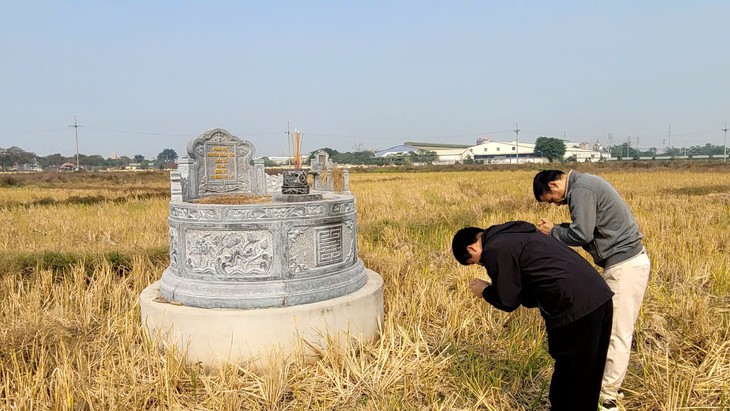

![[Photo] April Festival in Can Tho City](https://vstatic.vietnam.vn/vietnam/resource/IMAGE/2025/4/10/bf5ae82870e648fabfbcc93a25b481ea)
![[Photo] Opening of the 11th Conference of the 13th Party Central Committee](https://vstatic.vietnam.vn/vietnam/resource/IMAGE/2025/4/10/f9e717b67de343d7b687cb419c0829a2)


![[Photo] Unique folk games at Chuong Village Festival](https://vstatic.vietnam.vn/vietnam/resource/IMAGE/2025/4/10/cff805a06fdd443b9474c017f98075a4)
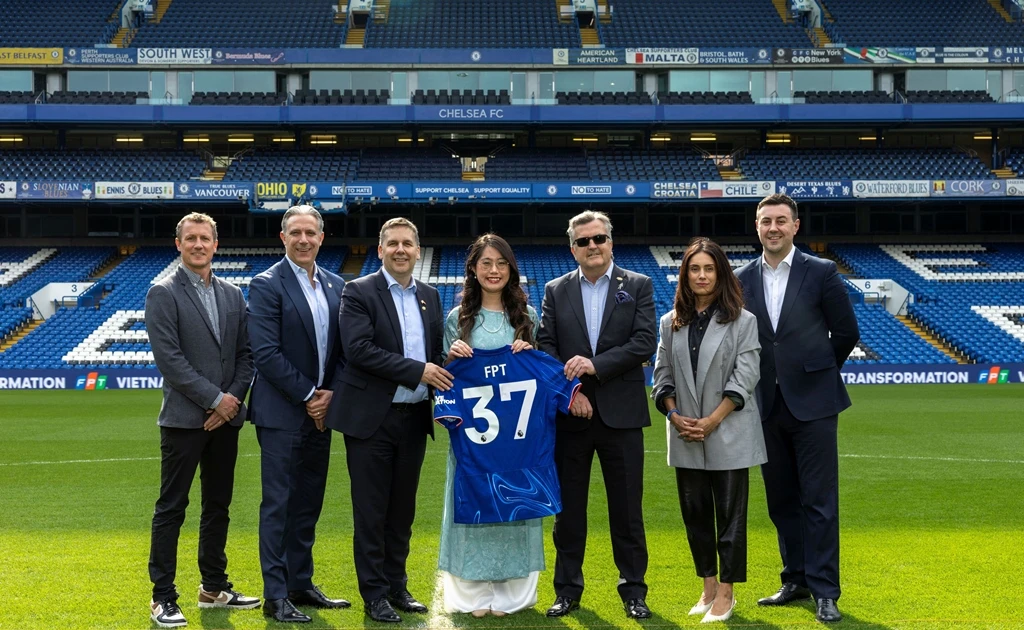
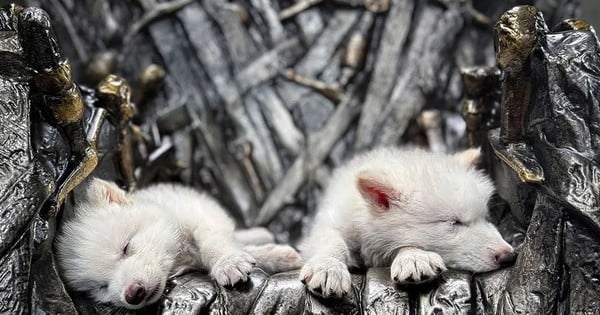
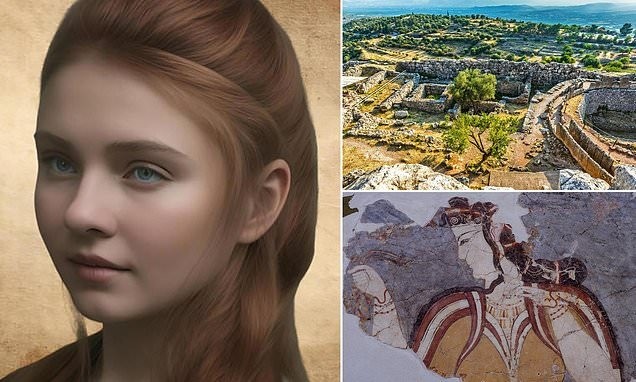
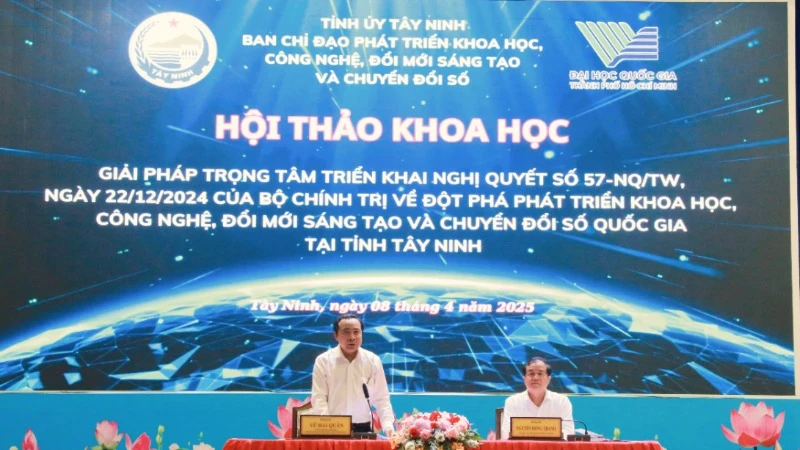
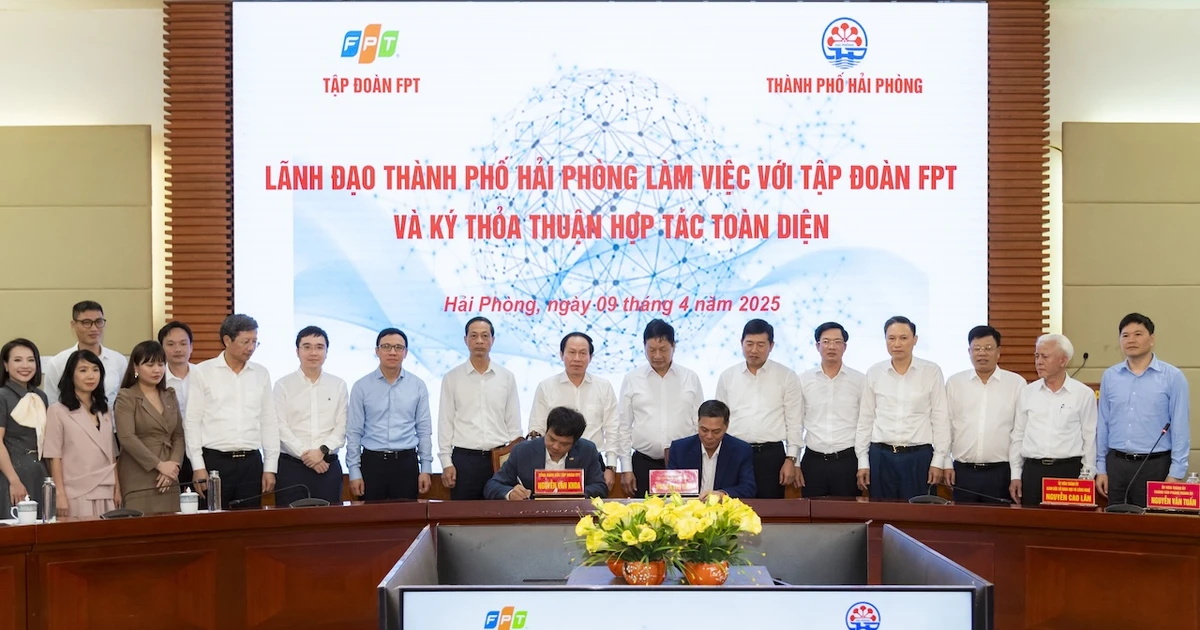
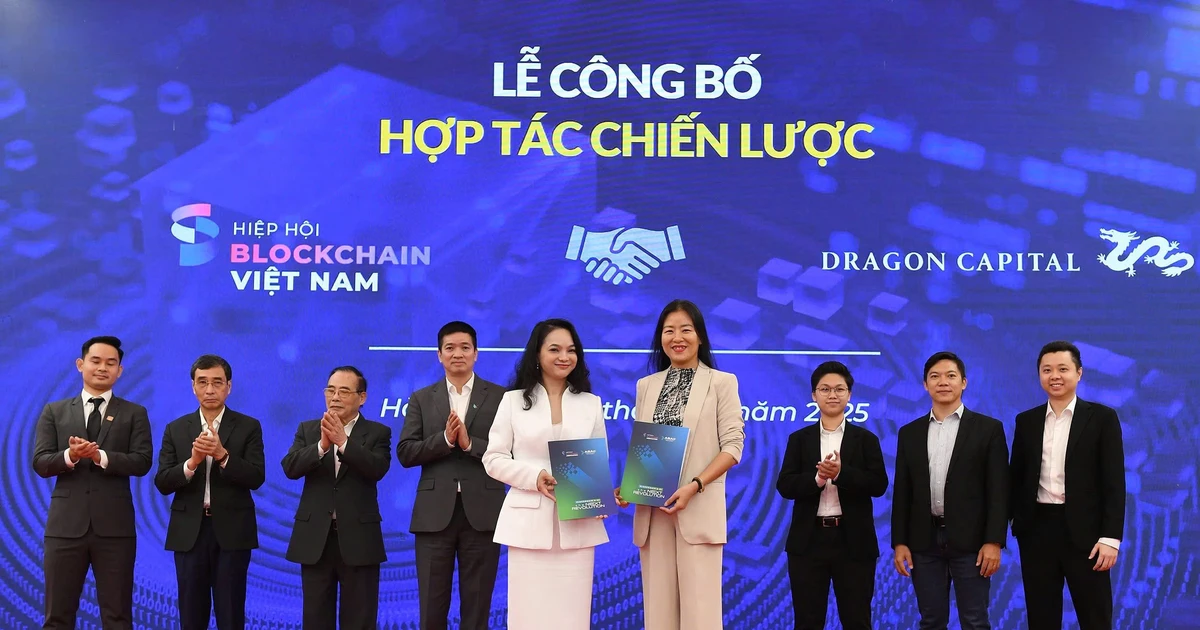






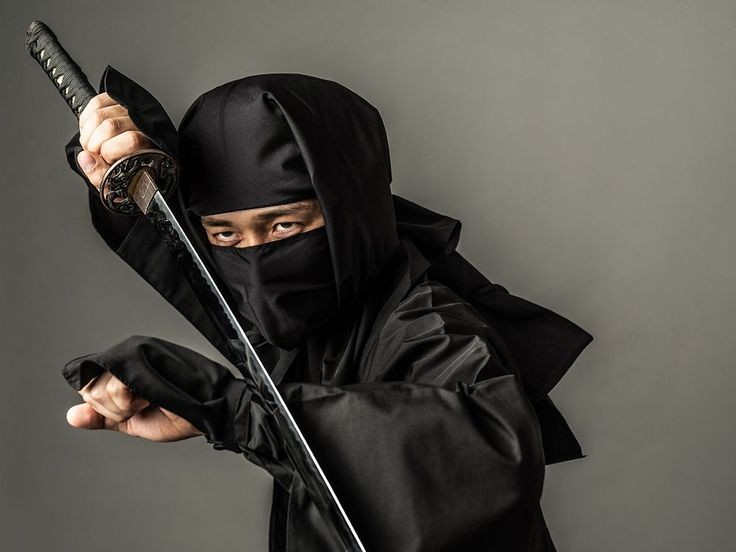


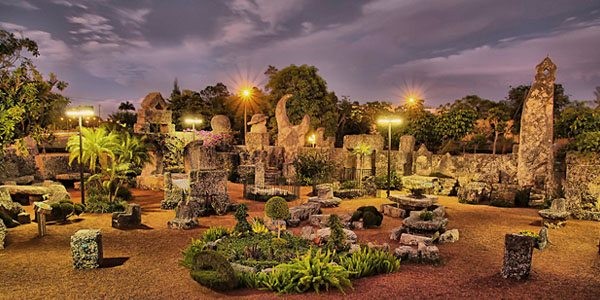












































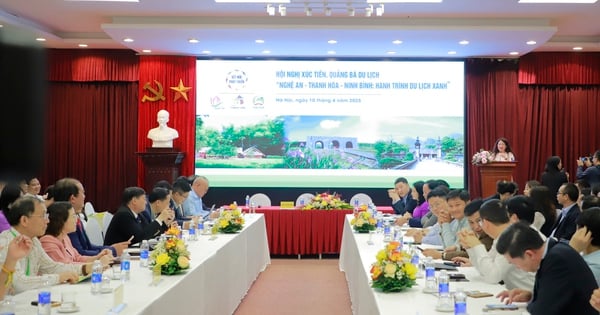
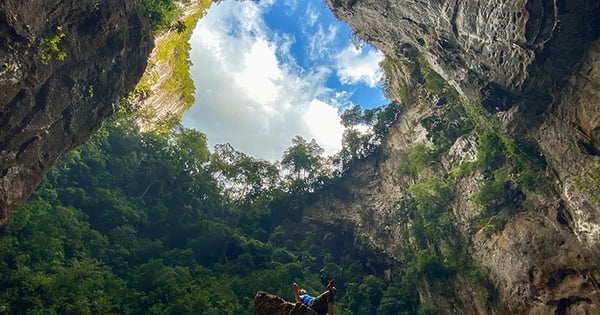


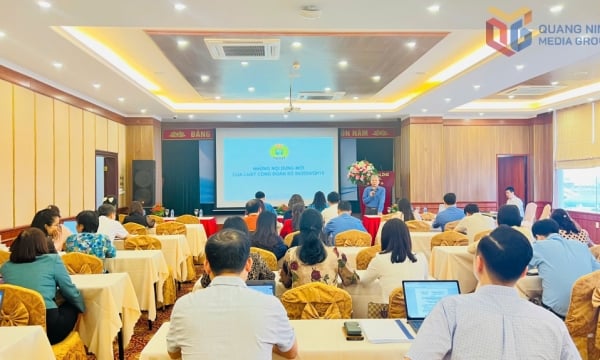

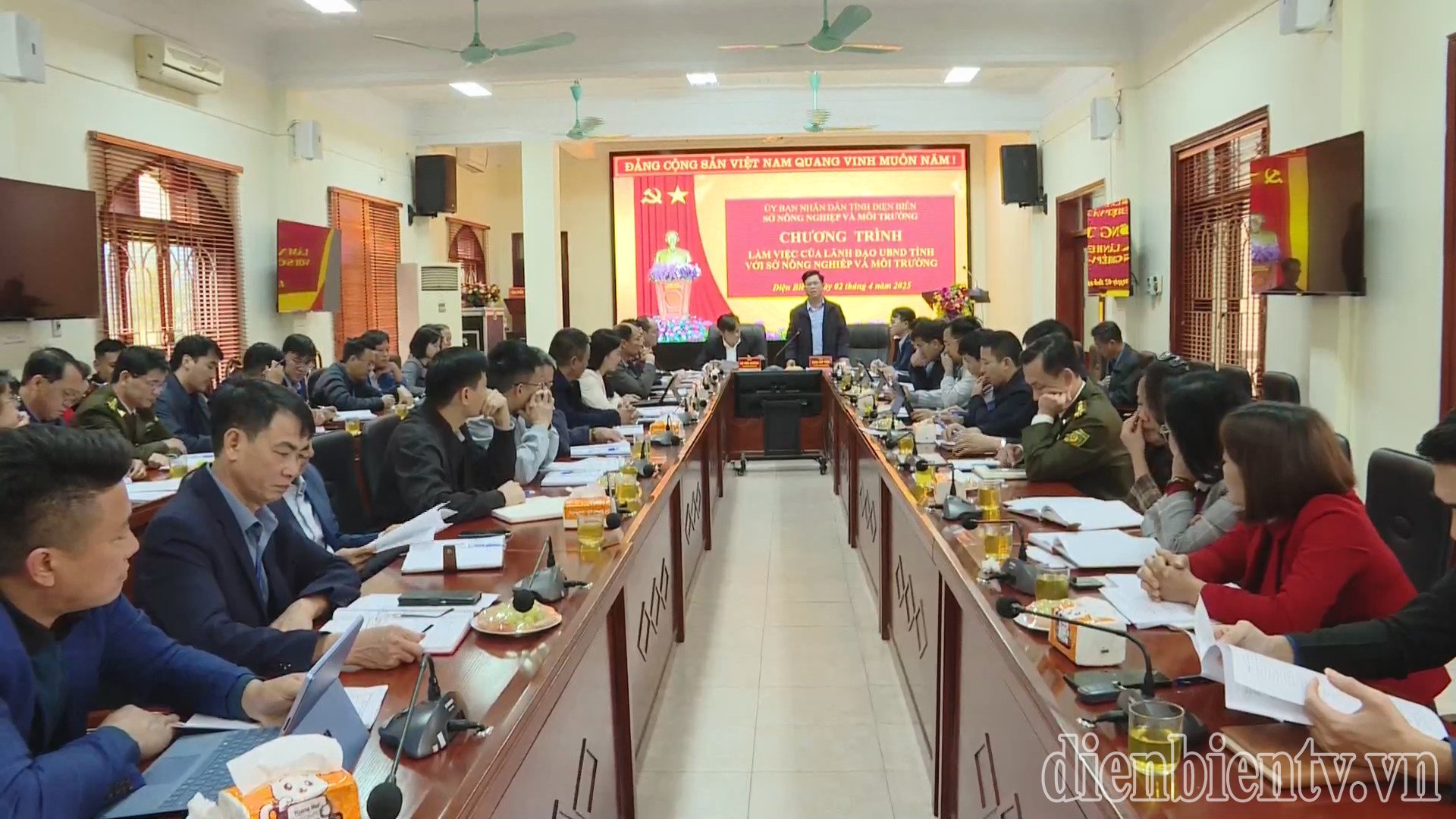
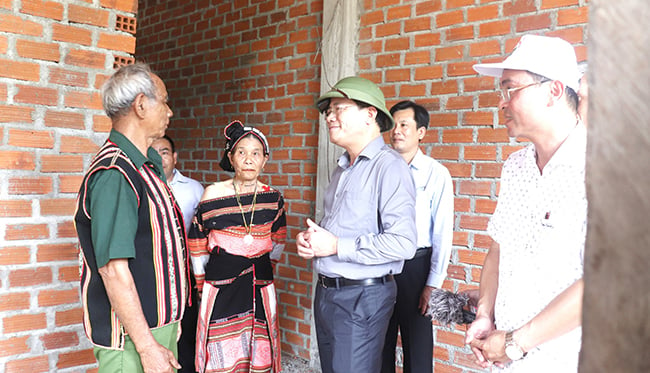
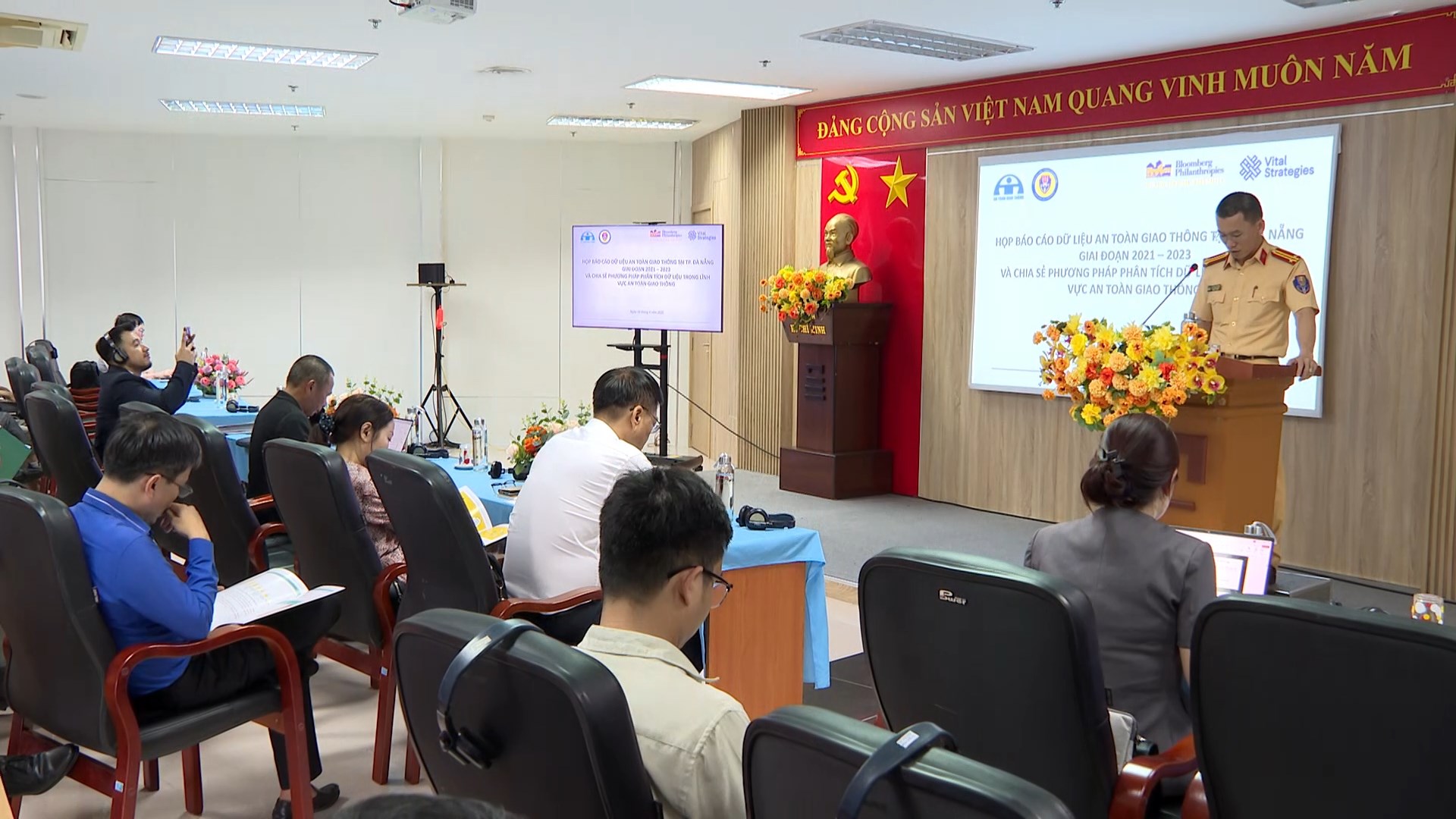
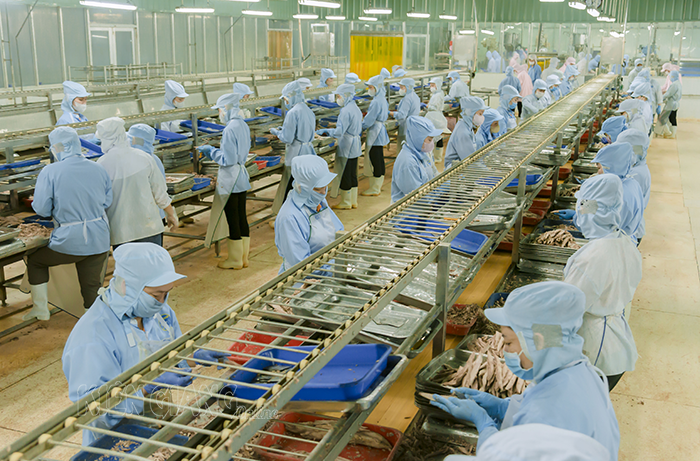
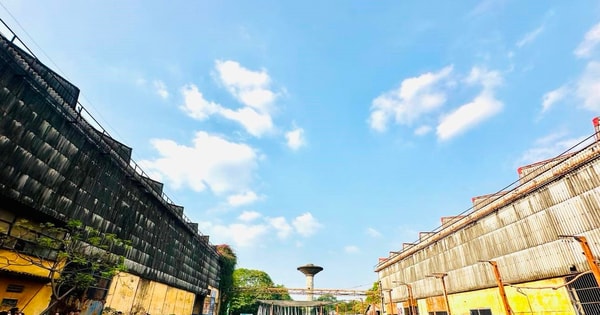








Comment (0)